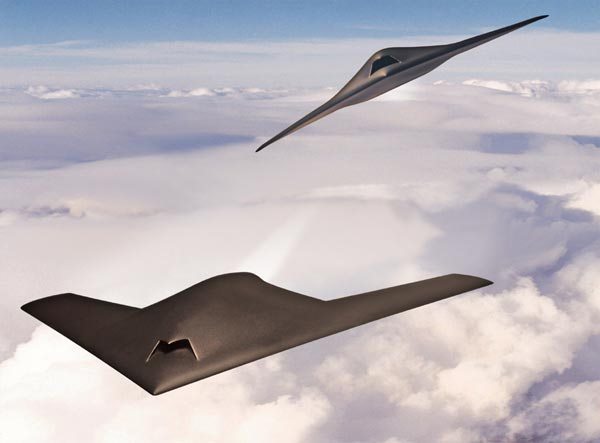Discussion around the level of defence spending over the next Parliament continued to attract media coverage over the weekend and into the start of this week. A report in The Financial Times suggested that senior military figures were not expecting the next government to maintain spending at 2% of GDP.
According to independent defence analysts quoted in the report, the UK economy is expected to grow 12% in the next Parliament which would mean MOD spending £20bn more on defence than it currently plans to if the 2% of GDP rate was continued.
Today’s coverage focuses on a report by Professor Malcolm Chalmers of RUSI which speculates that the Army could be cut further with budgets potentially cut by up to 10% in the next parliament. The report suggests that because of commitments to programmes such as the new aircraft carriers and Joint Strike Fighter, the Army could face the brunt of the budgetary pressure.
However, the Prime Minister has previously said that he does not want to see our regular armed services reduced below the level that they are now and remains committed to growing the Reserves to 35,000.
The Government has said the UK continues to deliver the second largest defence budget in NATO and the largest in the EU and is committed to spending 2% of GDP on defence with decisions on spending after the financial year 2015/16 to be determined in the next spending review.
“Over the next decade, the Government has committed to spending £163 billion on equipment and equipment support to keep Britain safe. That includes new strike fighters; more surveillance aircraft; hunter killer submarines; two aircraft carriers; and the most advanced armoured vehicles.
EU Army
Various outlets covered comments made by the EU Commission President, Jean-Claude Juncker, calling for the creation of an EU army. Mr Juncker said such an army would restore the European Union’s foreign policy standing and show it is serious about defending its values, suggesting destabilising Russian military action in the east of Ukraine had made the case for a European combined force more compelling.
In response, a UK Government spokesman said:
“Our position is crystal clear that defence is a national, not an EU responsibility and that there is no prospect of that position changing and no prospect of a European army.”











